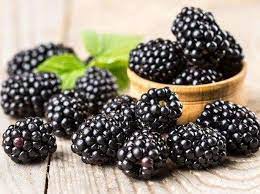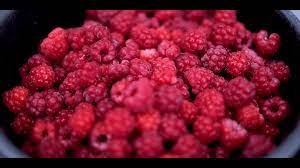Medicinal properties of blackberry...

Blackberry is a nutritious, medicinal and ornamental plant, the fruits of which contain healing vitamins, antioxidants and minerals. This plant has been widely used in folk medicine and medicine since ancient times. It is important to develop methods for collecting raw materials for the use of medicinal and medicinal plants, to obtain high-quality raw materials, to rationally use the resources of natural medicinal plants, and to develop measures to restore their populations.
In Uzbekistan, blackberries are considered a medicinal and nutritious plant. But the presence of a large number of thorns on its stems causes some difficulties in harvesting.
Blackberry fruits contain sugars, organic acids, pectin substances, vitamins A, C, B, PP, carotene. In medicine, roots, leaves, flowers and fruits are used. For example, it is used for gastrointestinal diseases, atherosclerosis, hypertension, gastritis, diabetes mellitus and to strengthen the immune system. In addition, it suppresses subsequent thirst and lowers the temperature. Helps the body recover from illness. Improves the functioning of the gastrointestinal system. Strengthens the nervous system and helps to sleep peacefully. It also strengthens the thinking ability and memory. Blackberries remove toxic substances from the body due to the fact that they contain a lot of antioxidants. Despite the low calorie content, it retains a feeling of satiety for a long time. That is why this plant has slimming properties. Due to the presence of important biochemical components in its fruits, jams, jams, jellies, juices are prepared from them.
For information, there are more than 200 types of blackberries on earth. There are 4 species in the flora of Uzbekistan. In the conditions of the Samarkand region, wild blackberries most often grow along the banks of rivers, some species grow in mountainous areas. In recent years, varieties of this plant have been grown in fields and gardens ...


Noila Zhumakulova,
doctoral student of the Department of Plant Physiology and Microbiology,
Samarkand State University.

